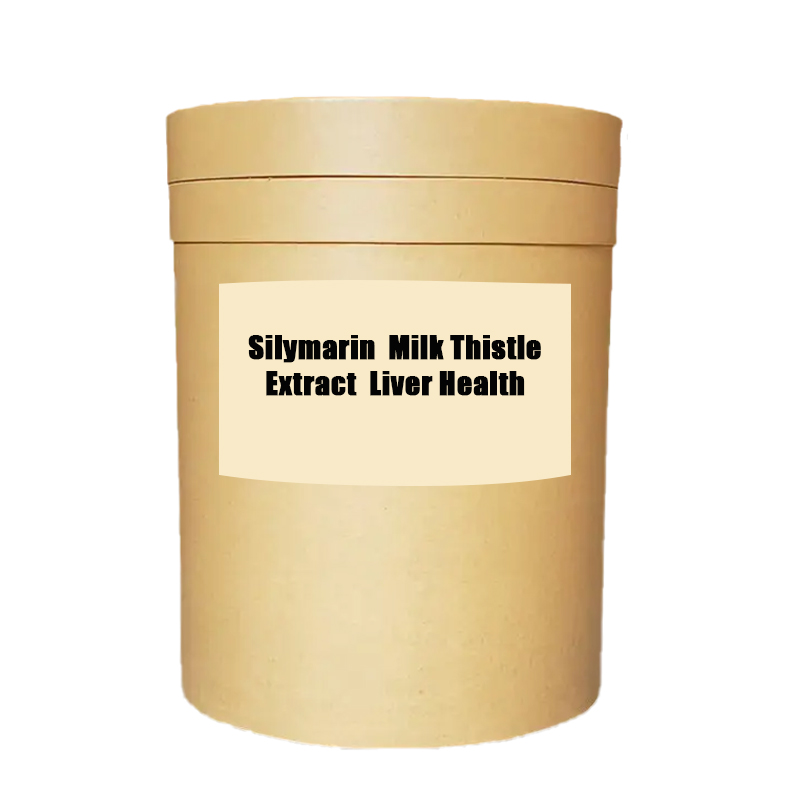
Oct . 01, 2024 00:51 Back to list
Custom Formulation of Azelaic Acid with Ivermectin and Metronidazole for Skin Treatments
Understanding the Benefits of Custom Topical Treatments Azelaic Acid, Ivermectin, and Metronidazole
In recent years, the quest for effective skincare solutions has led to the development and popularity of customized topical treatments. Among these are formulations that combine potent ingredients like azelaic acid, ivermectin, and metronidazole. Each component has unique properties that cater to various skin concerns, making them a valuable option for individuals suffering from conditions such as rosacea, acne, and other inflammatory skin disorders.
Azelaic Acid The Versatile Agent
Azelaic acid is a naturally occurring dicarboxylic acid found in grains such as wheat, rye, and barley. It is renowned for its multifunctional benefits in dermatology. Not only does it exhibit antibacterial properties, but it also acts as an anti-inflammatory agent, making it effective in treating acne and rosacea. Azelaic acid helps to unclog pores, reduce the formation of keratin, and promote a more even skin tone by inhibiting the activity of tyrosinase, an enzyme involved in melanin production.
Moreover, azelaic acid is well-tolerated by most skin types and can be particularly beneficial for individuals with sensitive skin. Its ability to reduce redness and irritation makes it an ideal choice for those looking for a gentle yet effective treatment option. Additionally, azelaic acid has been shown to have a positive impact on post-inflammatory hyperpigmentation, a common issue faced by individuals with acne or rosacea.
Ivermectin A Game Changer for Rosacea
Ivermectin, a medication traditionally used to treat parasitic infections, has found a new role in dermatology as an effective treatment for inflammatory lesions associated with rosacea. Approved by the FDA for topical application, ivermectin works by targeting the Demodex mites that are often linked to rosacea flare-ups. These microscopic mites can exacerbate skin inflammation and contribute to the symptoms of rosacea.
Aside from its anti-parasitic properties, ivermectin also has anti-inflammatory effects, helping to reduce redness and swelling associated with rosacea. Patients who incorporate ivermectin into their skincare regimen often experience significant improvements in their skin's appearance and texture. This potent combination of properties makes ivermectin an essential component of customized treatments designed for individuals struggling with rosacea.
custom azelaic acid ivermectin metronidazole

Metronidazole The Anti-Inflammatory Powerhouse
Metronidazole is another key ingredient frequently used in the treatment of rosacea. Known for its antibacterial and anti-inflammatory properties, metronidazole works to reduce the inflammation and redness that characterize this condition. It also helps to combat the bacterial overgrowth that can lead to exacerbated symptoms in patients.
Topical metronidazole is particularly effective for those with papulopustular rosacea, which is characterized by bumps and pustules on the skin. The reduction of inflammation not only helps in achieving clearer skin but also improves overall skin texture. Patients often find that incorporating metronidazole into their treatment regimen contributes significantly to managing their symptoms.
Customizing the Approach
Combining these three powerful ingredients—azelaic acid, ivermectin, and metronidazole—into a single topical formulation allows for a synergistic effect, addressing multiple skin concerns simultaneously. Customized formulations can be tailored to the individual's specific skin type and needs, ensuring that patients receive a holistic treatment that targets their unique symptoms.
Furthermore, the incorporation of these ingredients into a personalized skincare routine reflects a growing trend in dermatology, focusing on patient-centered care. By working with dermatologists to create a custom formulation, individuals can enhance their treatment outcomes and achieve healthier, clearer skin.
Conclusion
In conclusion, the synergy of azelaic acid, ivermectin, and metronidazole in a custom topical formulation offers a revolutionary approach to treating common skin conditions like rosacea and acne. The diverse benefits of each ingredient make this combination a powerful tool in dermatological care, promoting not only the treatment of existing symptoms but also a healthier skin appearance in the long run. As more individuals seek personalized solutions to their skin concerns, the impact of customized skincare will continue to grow within the dermatological community.
-
Immunovital Fish Feed Factory | AI-Optimized Nutrition
NewsAug.03,2025
-
Quality Bacillus Coagulans BC30 Factory - Expert Production
NewsAug.02,2025
-
Acute Salpingitis and Oophoritis AI Factory
NewsJul.31,2025
-
Premium China Bacillus Subtilis Supplier & Factory Solutions
NewsJul.30,2025
-
Premium Avermectin Supplier in China | Custom Solutions Available
NewsJul.29,2025
-
China Bacillus Subtilis Supplier - Custom Factory Solutions
NewsJul.29,2025


